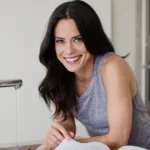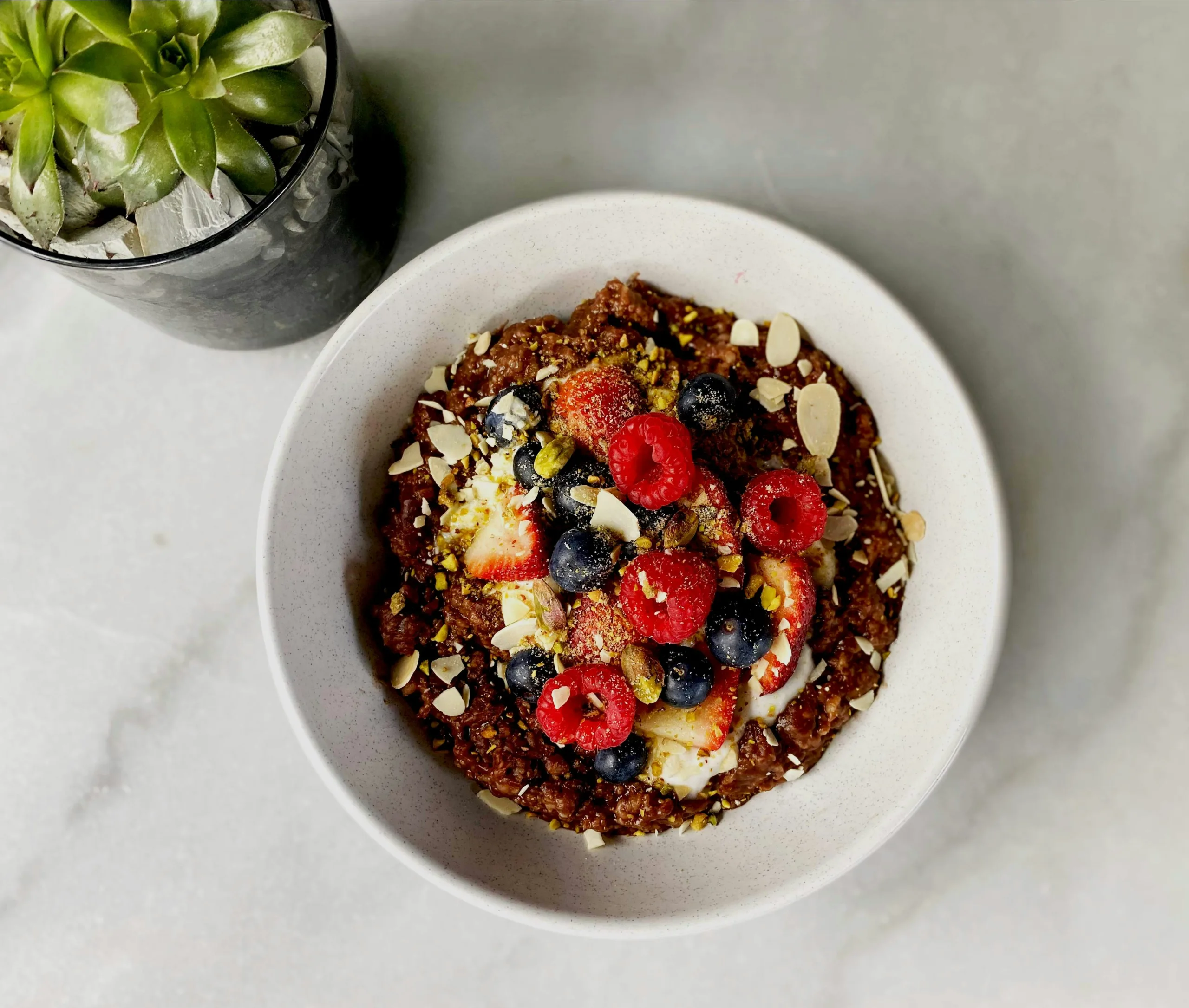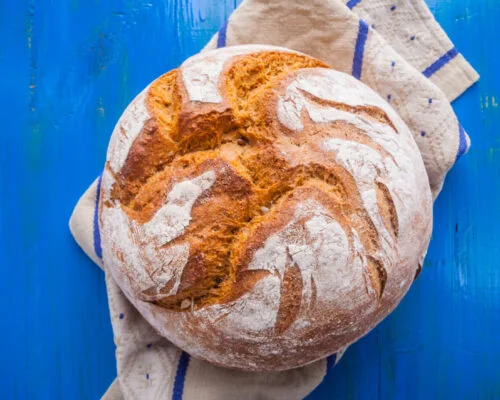Ask Keri: How can I tell fact from fiction when it comes to health trends on Instagram?
Keri Says: There’s a famous quote from legendary broadcast journalist Edward R. Murrow that made it seem like he could see into the future. He said, “The speed of communications is wondrous to behold. It is also true that speed can multiply the distribution of information that we know to be untrue.”
Did someone tip Murrow off about the Instagram age, like, more than 50 years in advance? (Joking!) But seriously, when it comes to health trends, in the all-things-shared-at-the-speed-of-light age we’re living in, it makes deciphering fact from fiction really difficult. How can you tell if a diet popping up on your feed is actually effective and sustainable? Could it even hurt you? True, there’s a lot of positivity to hearing about nutrition studies and trends on social media in real time. We can learn about fun cooking techniques, the coolest (most photographable) veggies and, yes, emerging health trends. But, there are some things you need to consider when taking (and believing) that advice on your feed. This is especially important if you’re a wellness professional. Figuring out how to sift through the bad and amplify the good is crucial to your reputation and business. And even if you’re an influencer who isn’t boasting credentials, it’s majorly irresponsible to share information without making sure you can trust the source and what it will mean for your followers. Just because it’s popular doesn’t make it true (or safe).
Here are three of my top tips that should help you evaluate health trends based on facts, not followers.
3 Tips to Evaluate Instagram Health Trends
Learn to read science, not just cite it
Nutrition science is seriously complicated (sorry!), and there are many studies that show tiny correlations that are then blown up into huge headlines that exaggerate (or totally get wrong) the kinds of conclusions drawn from the research. Many studies are also poorly designed and funded by corporations that have a direct interest in the results, which can result in skewed conclusions (AKA bias). Want a little more: You can find some of my tips on how to read nutrition research, here.
Consider, but don’t depend on, anecdotal evidence
If your feed is blowing up with people saying they’re benefiting from some diet or health trend,, that’s a great reason to perhaps be interested in and even intrigued by it. It’s not, however, proof that it’s correct or accurate.
Take celery juice, for example. The only evidence given for its purported miracle-cure properties is the people who are drinking it and saying they feel better. Okay, that’s great! Does that mean drinking celery juice every morning makes you feel amazing? Well, what if a lot of those people weren’t eating any vegetables before? In that case, the effect might simply be coming from the fact that now they’re regularly consuming vegetables (cool!). Or how many of those people were eating donuts for breakfast and are now subbing in celery juice? Maybe those people feel better because they’re suddenly not starting the day with 25 grams of processed sugar? This is why science is needed: to control for the many other confounding variables that muddy the waters.
When science on an anecdotal phenomenon doesn’t exist (because it’s often behind), you may not be able to confirm whether or not it will help with a certain outcome The important thing you must do is determine whether or not there is any potential harm. If not, then encouraging people to try something may be an okay route to follow.
Find a smart, supportive community
How many times have you heard something, formed an opinion‚and then had a smart friend bring up an opposing point you hadn’t thought of and changed your mind? It’s hard to think about things and evaluate them in a silo. That’s where having either a mentor or a community (or both!) to bounce things off of is key. It’s why many of the Nutritious Life Certified grads cite the community of wellness pros they become a part of after graduation as just as valuable as the education itself. Find your tribe and then turn to them when you need help making sense of whatever the “next” turmeric is at the moment.
(photo credit: Shutterstock)






























